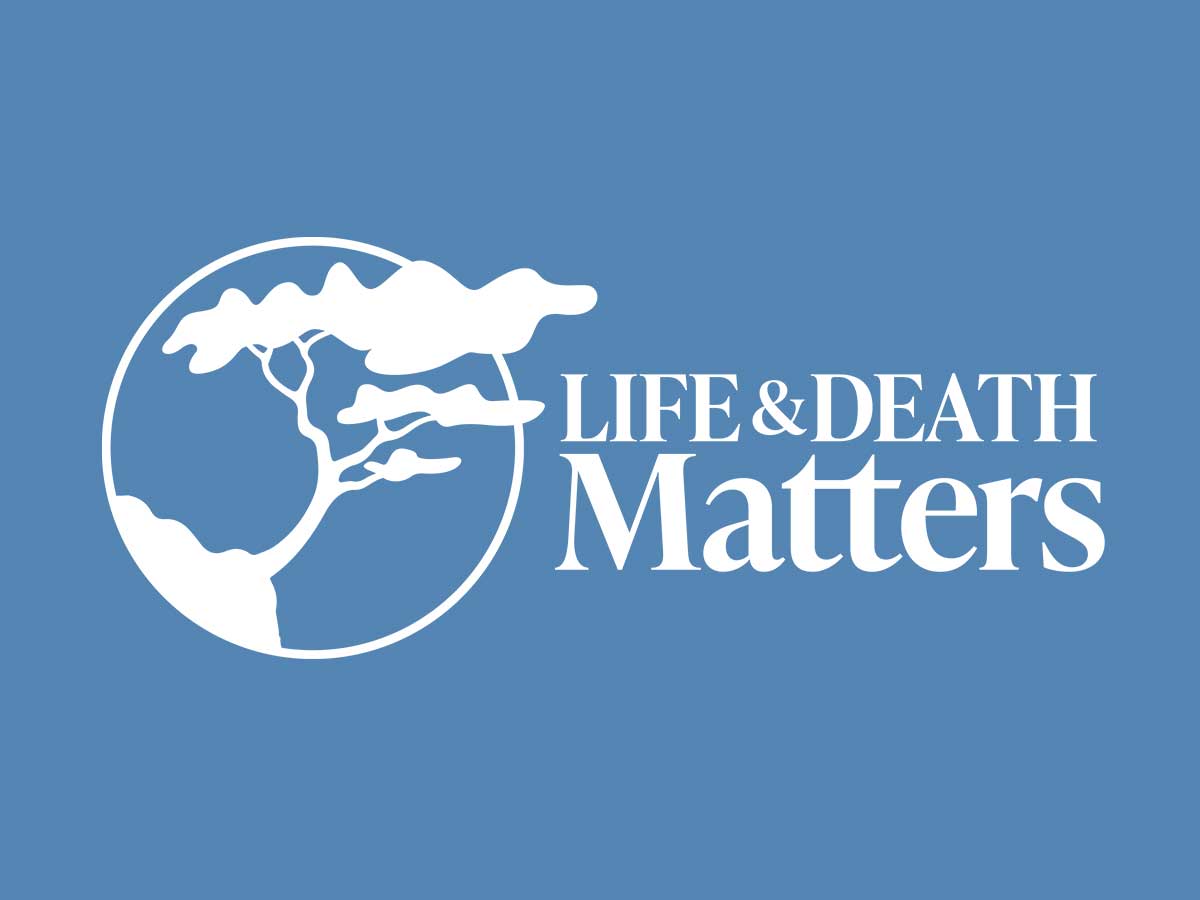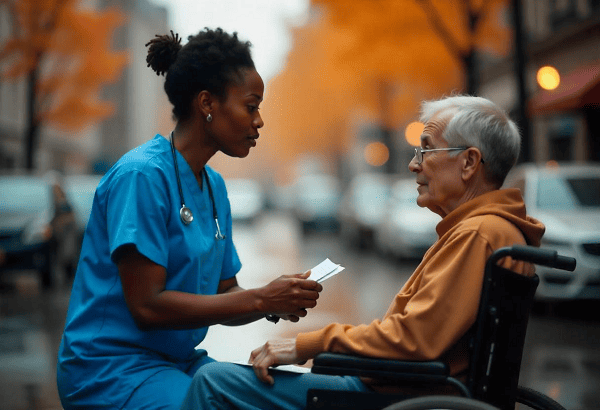Interesting article by Dr Danielle Ofri, discussing how working in uncertainty is hard for her and for other doctors. Congrats to Dr Ofri for articulating so well what many people struggle with, for admitting how hard it is for her, and for exploring ways to cope.
Doctors are not the only ones that struggle with uncertainty! The entire health care team struggles with uncertainty – and patients and family struggle not only with their own uncertainty, but they may struggle with our uncertainty! Gone are the days when patients and families believed that the physician knew all, and knew best!
How can we help people deal with uncertainty? How can we better deal with uncertainty ourselves?
A few ideas… a brainstorming session:
1. Acknowledge that uncertainty is part of the human experience. Perhaps in acknowledging this then we will be more able to sit in this place of unknowns, and perhaps we can be more tolerant of colleauges who also do not know.
2. Provide education on dealing with uncertainty. Prenatal and Pre-op classes help people prepare for difficult life experiences. Helping people know what will happen during labour and delivery or before and after surgery can help them anticipate what might come, and help them learn skills to cope.
In the course “The Dementia Difference: Application of Palliative Principles in Caring for People in Late Stage Dementia” (Broadmead Lodge, Victoria, BC) the uncertainties of dying with dementia are identified, and then there is a reminder of the certainties that we DO know. Reminders of that which is certain can help us face those things that are not certain.
3. Leave space for the unexpected
When I understand that uncertainties can be expected then it helps me plan. I leave space and time for those unexpected issues so I can deal with them as they arise. Being prepared to deal with the unexpected makes the unexpected less of a surprise.
What helps you to deal with uncertainty?
Kath








